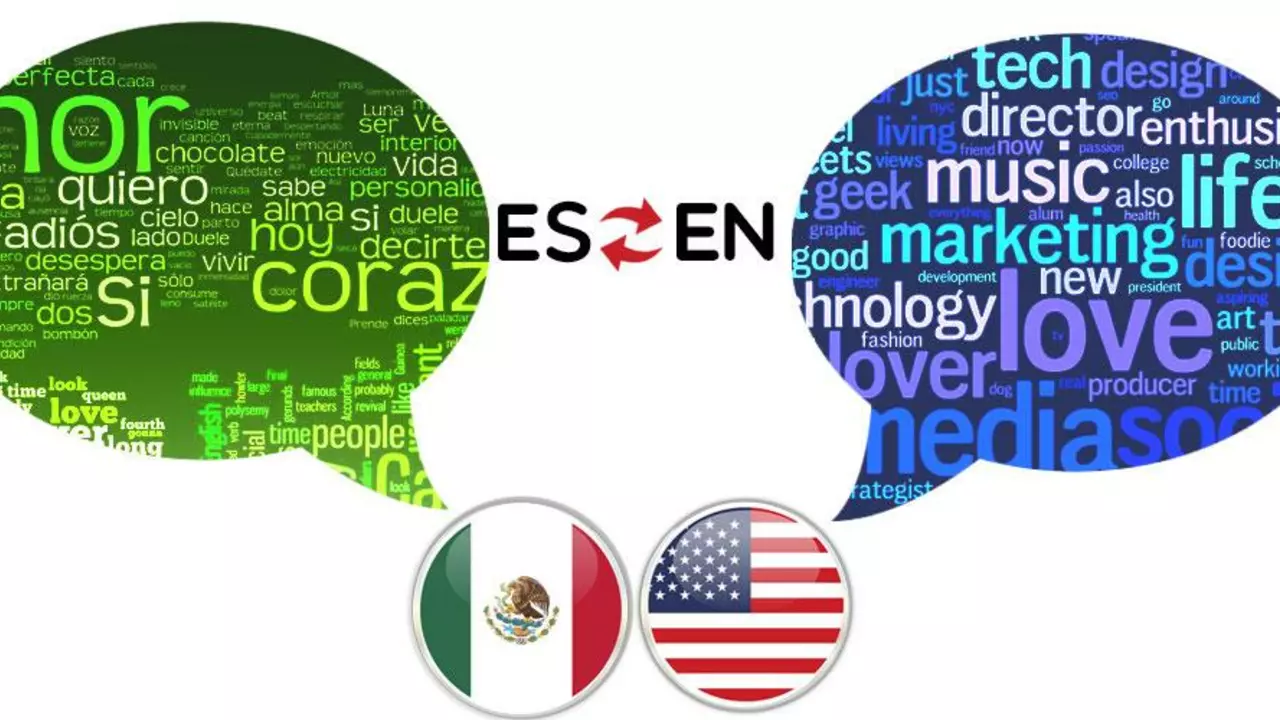English Translation Tips for Swimmers
If you love swimming but stumble on English terms, you’re not alone. Many athletes juggle languages, and a few simple tricks can make communication smooth in the pool and on the board.
Know the Core Swim Vocabulary
Start with the basics: freestyle, backstroke, breaststroke, and butterfly. These four strokes are used everywhere, from local meets to the Olympics. Learn the action words too – “kick”, “pull”, “turn”, “finish”. When you can say the main moves in English, you’ll understand coach instructions instantly.
Next, add race‑related words: “heat”, “final”, “split”, “personal best”, and “qualify”. They pop up in meet schedules and results sheets. Write them on a small card and glance at it before practice. Repetition turns them into second nature.
Use Context Clues, Not Just Dictionaries
While online translators are handy, they can miss sport‑specific meanings. If a coach says, “Keep your elbow high on the pull”, don’t translate word‑by‑word. Think about the motion – an “elbow high” pull is the same as a “high‑elbow” technique used in freestyle. Visualizing the movement helps you pick the right term.
Watch videos with English commentary. Seeing the stroke while hearing the description links the language to the action. Pause, note a phrase, then repeat it in your own words. This active practice beats passive reading.
Don’t ignore common abbreviations either. “PB” = personal best, “WR” = world record, “DQ” = disqualified. Knowing them avoids confusion on scoreboards and in chat groups.
Practice Speaking With Teammates
Find a buddy who’s comfortable with English and run quick drills. Say, “Ready for the 100 m freestyle?” or “Let’s work on the dolphin kick”. The more you use the terms aloud, the easier they become. It also builds confidence when you’re on the starting block.
If you’re new to a club, ask the coach for a short glossary. Most coaches are happy to share a list of the words they use most. Keep it on your phone for quick reference during warm‑ups.
Finally, don’t stress over perfect grammar. In a fast‑moving environment, clarity matters more than flawless sentences. A simple “good turn” or “fast finish” gets the point across.
With these straightforward steps – mastering core terms, using context, and practicing with teammates – you’ll feel less lost and more ready to compete. English translation doesn’t have to be a barrier; it can become another stroke in your skill set.
